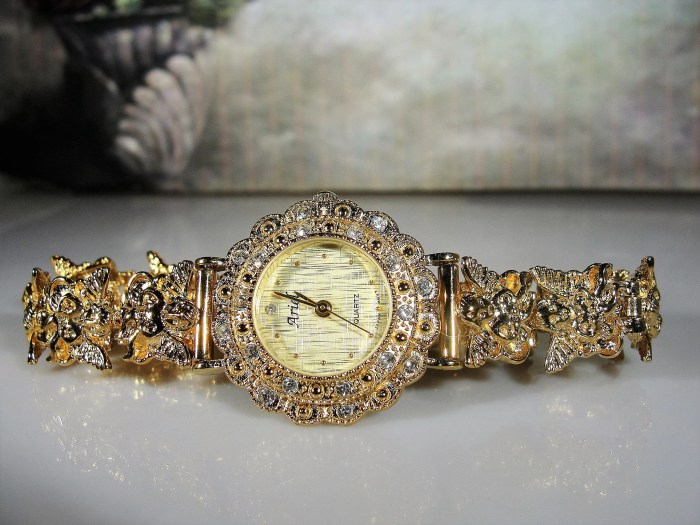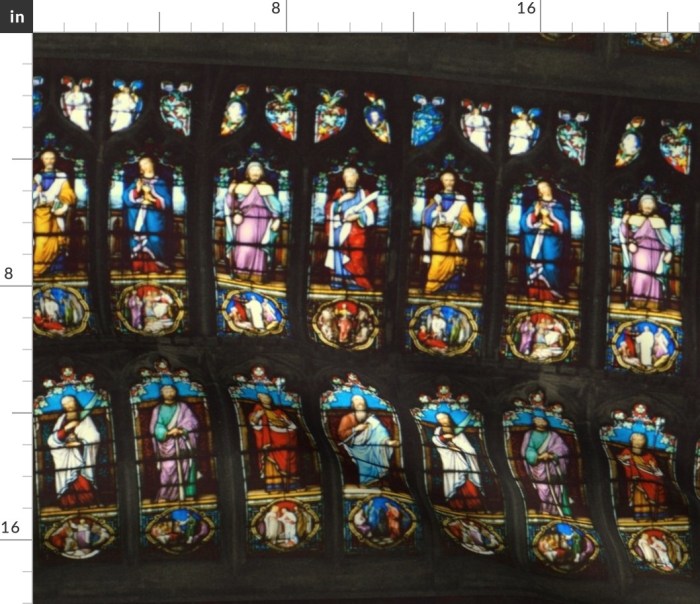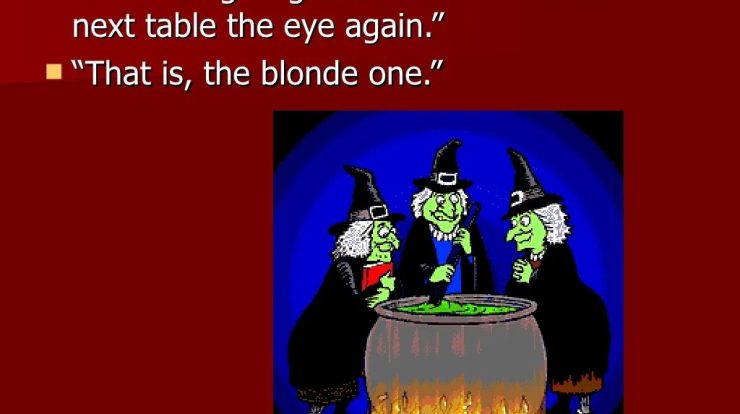In the realm of literature and beyond, the phrase “angels and ministers of grace defend us” holds profound significance. Originating from Shakespeare’s Hamlet, this evocative expression has transcended its theatrical roots to become a cultural touchstone, inspiring artistic interpretations, religious contemplations, and contemporary usage.
Throughout this discourse, we delve into the multifaceted nature of “angels and ministers of grace defend us,” examining its literary context, historical evolution, religious implications, artistic representations, and modern applications. By exploring these diverse perspectives, we aim to illuminate the enduring power and relevance of this phrase in shaping our understanding of humanity, faith, and the human condition.
Literary Interpretation: Angels And Ministers Of Grace Defend Us

Within the play “Hamlet”, the phrase “angels and ministers of grace defend us” appears in Act 1, Scene 4, uttered by Horatio upon encountering the ghost of Hamlet’s father. The phrase expresses a sense of fear and awe at the supernatural presence, and it foreshadows the play’s themes of mortality, guilt, and retribution.
Significance in Hamlet’s State of Mind
The phrase reflects Hamlet’s growing sense of unease and uncertainty. He is deeply disturbed by the ghost’s appearance and the revelation of his father’s murder. The phrase suggests that Hamlet is seeking protection and guidance from heavenly forces in the face of these overwhelming events.
Impact on the Plot
The phrase serves as a turning point in the play, as it prompts Hamlet to embark on a quest for vengeance against his uncle, Claudius. The phrase also foreshadows the tragic events that will unfold, as Hamlet’s actions are driven by his desire for justice and his belief in the supernatural.
Historical and Cultural Context
Origins of the Phrase
The phrase “angels and ministers of grace defend us” has its roots in medieval Christianity. Angels were believed to be messengers and protectors of God, while ministers of grace were seen as intermediaries between God and humans.
Cultural and Religious Influences
The phrase was commonly used in prayers and incantations to invoke divine protection. It also appeared in popular literature, such as the works of Chaucer and Shakespeare, reflecting the widespread belief in the supernatural during this period.
Usage in Different Cultures
The phrase has been adopted and adapted by various cultures throughout history. In some traditions, it is used as a general expression of surprise or fear, while in others it retains its religious significance.
Religious Significance

Theological Meaning, Angels and ministers of grace defend us
In Christianity, angels and ministers of grace are believed to be celestial beings who assist humans in their spiritual journey. They are seen as protectors against evil and guides towards salvation.
Role of Angels and Ministers
Angels are often depicted as messengers, protectors, and healers, while ministers of grace are seen as intercessors and guides. They are believed to intercede on behalf of humans and to help them overcome challenges and temptations.
Biblical Passages
The phrase “angels and ministers of grace defend us” appears in the Bible, notably in Psalm 91:11-12, which reads: “For he will command his angels concerning you to guard you in all your ways. They will lift you up in their hands, so that you will not strike your foot against a stone.”
Artistic Interpretations

Paintings and Sculptures
The phrase “angels and ministers of grace defend us” has inspired numerous artistic representations. In paintings and sculptures, angels are often depicted as hovering over or protecting humans, symbolizing their role as guardians and guides.
Music and Literature
The phrase has also been used in music and literature to evoke a sense of awe, wonder, and divine protection. For example, in the hymn “Angels and Ministers of Grace,” the phrase is used to express the belief in the presence and assistance of heavenly beings.
Modern Usage

Contemporary Use
The phrase “angels and ministers of grace defend us” continues to be used in contemporary culture, albeit with a more secularized meaning. It is often used to express a sense of surprise, relief, or gratitude.
Evolved Significance
While the religious significance of the phrase has diminished over time, it still retains a sense of awe and wonder at the unknown. It suggests a belief in the existence of forces beyond our comprehension that can protect and guide us.
FAQ Section
What is the origin of the phrase “angels and ministers of grace defend us”?
The phrase first appears in Shakespeare’s Hamlet, uttered by Horatio in Act I, Scene IV.
What is the religious significance of the phrase?
In Christianity, angels and ministers of grace are believed to be divine beings who protect and guide humans.
How has the phrase been used in art?
Artists have depicted the phrase in paintings, sculptures, and other forms of art, often as a symbol of divine protection or intervention.
What is the modern usage of the phrase?
The phrase is still used today in popular culture, literature, and everyday speech, often to express fear, surprise, or a sense of vulnerability.

